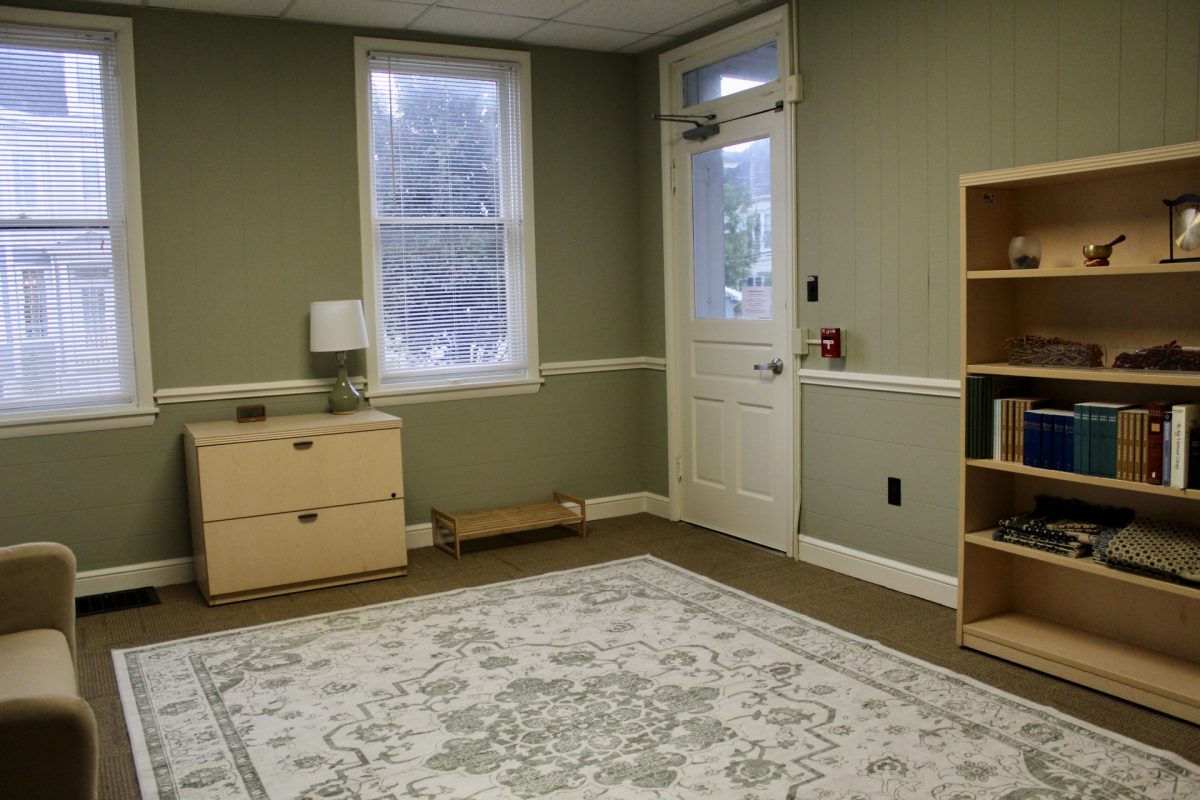Although it is currently easily accessible and appreciated, hormonal birth control was not always an integral part of women’s health. In 1960, the first oral contraceptive was created. Hormonal birth control was a long-awaited, vital medication that allowed women, for the first time in history, to plan their futures. Before, hormonal birth control, being pregnant and even the threat of pregnancy, kept many women from pursuing their passions. Hormonal birth control has guaranteed women a life of freedom, visibility and autonomy, and it encouraged them to pursue careers they were hesitant to before. For example, the number of female applicants in medical and law school has quadrupled since hormonal birth control has been made easily accessible to women.
However, in the words of Sarah E. Hill, a psychologist and professor at Texas Christian University, “There is no such thing as a free lunch.” Hormonal birth control, despite being socially, politically and medically revolutionary, can have negative side effects. These effects are not talked about nearly as often as they should be. Many women do not understand the possible ramifications that birth control can have on their brains and bodies.
Hill, who was on and off hormonal birth control for about 13 years, said that finally quitting the pill felt like waking up from a “nap [she] didn’t know [she] was taking.” Going off the pill can increase a woman’s sex drive and it can increase the array of emotions a woman feels in her day-to-day life. Given the way a tiny pill can have negative side effects, it is important to note that hormones act systemically –– they go everywhere that blood goes in the body. Hormones affect every part of someone, they cannot cater to or target specific parts of the body. Consequently, when taking birth control, a woman’s whole body experiences the effects of the medication.
On the first day of a natural menstrual cycle, a woman’s estrogen and progesterone hormones are low. Estrogen is a hormone associated with sex and attraction, and progesterone is a hormone associated with pregnancy. A woman’s estrogen levels increase gradually until an egg is released. Once that egg is released and she ovulates, her progesterone levels rise while her estrogen levels fall. High estrogen levels lead to an increased sex drive, and contrarily, high progesterone levels are “sexually antagonistic.” Taking hormonal birth control lowers a woman’s estrogen levels, and, instead, increases her progesterone levels.
Women taking hormonal birth control are also less attracted to testosterone markers, meaning they do not exhibit a preference for cues to testosterone like naturally-cycling women. A less masculine face, for instance, is preferred in a sexual partner of a woman taking hormonal birth control. A study also proved that some women on hormonal birth control are less turned on by soft-core pornography than they are by the idea of monetary gain. This is because of a reduced sensitivity to dopamine in reward regions in the brain.
Hormonal birth control can also impact a woman’s mental health. Women taking hormonal birth control are more likely to develop depression or anxiety compared to naturally-cycling women. Young women on the pill are especially at risk, since parts of their brain are not fully developed. Additionally, the effects of hormonal birth control could be long-term if used during a woman’s adolescence. The suicide rates of women on hormonal birth control are also much higher. Studies show that the attempted risk doubled, and the successful risk tripled, for women taking hormonal birth control as opposed to naturally-cycling women.
Hill poses many questions; Why aren’t these negative side effects talked about? Why is hormonal birth control prescribed so liberally? Should there be more restrictions on those who can access birth control? Dr. Hill suggests that the thought of restricting something that was designed to liberate and empower all women feels reactionary and hypocritical. She believes the simple act of bringing awareness to and shedding light on the possible health risks associated with hormonal birth control is enough. It is also important to acknowledge that, if you like your birth control, and you feel good about it, who cares what other people think? Ultimately, she concludes that these hypotheticals do not matter to the individual if you feel comfortable and satisfied with your contraceptive.










